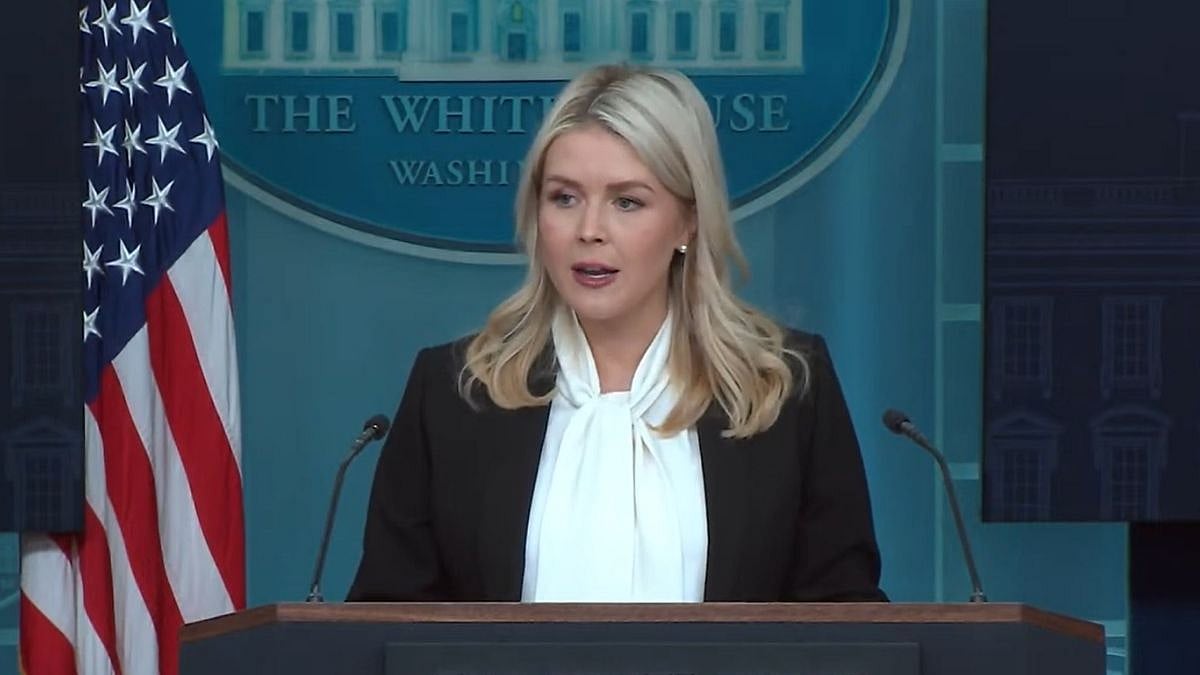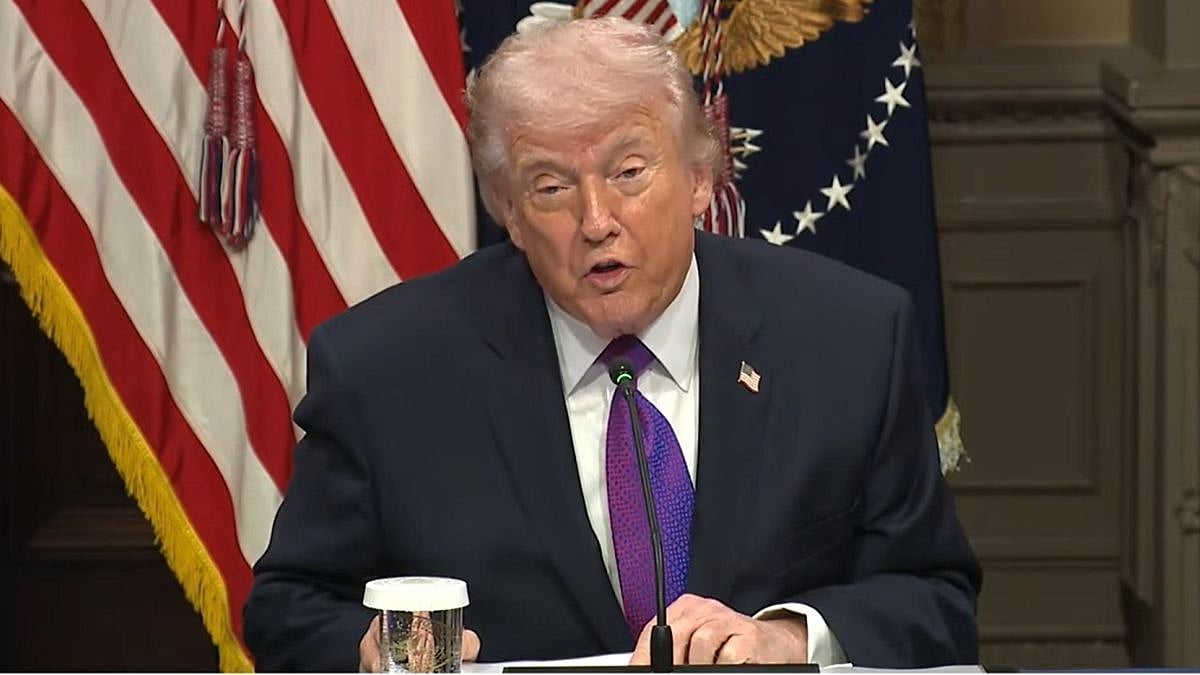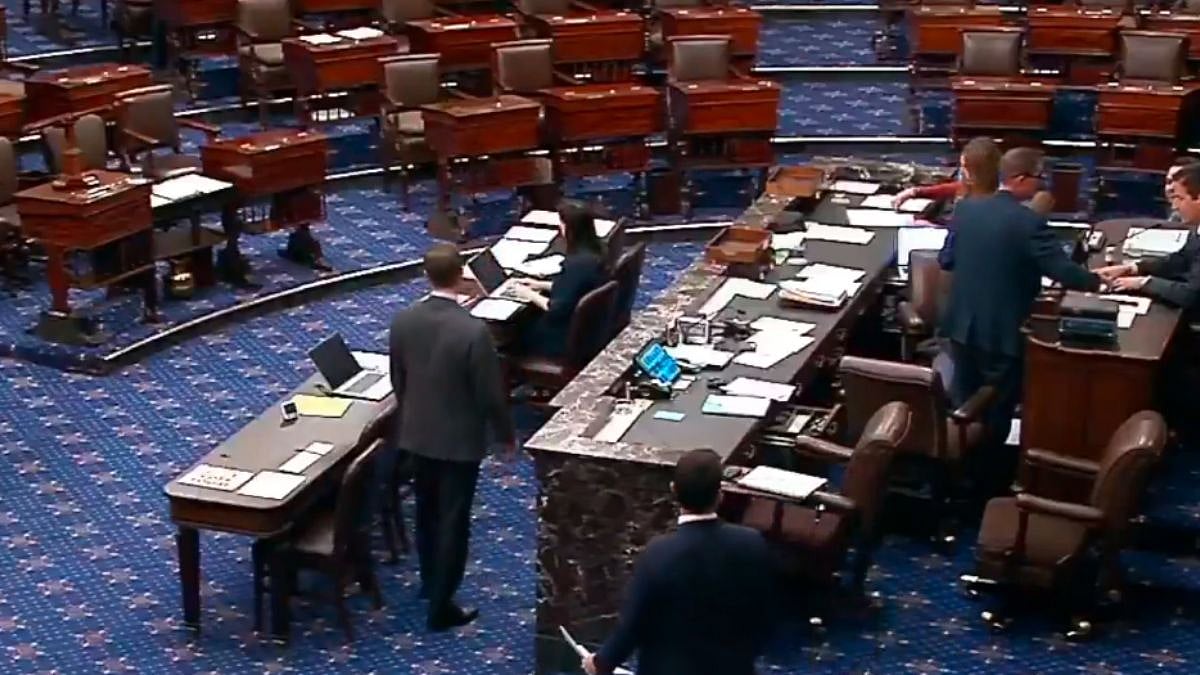This December 12 is the third death anniversary of Sharad Joshi, founder of the Shetkari Sanghatana, the farmers’ organisation. At a time when lakhs of farmers are marching into the capital, and agrarian distress is visible in many parts of the country, it is appropriate that we recollect the visionary agrarian leader’s message and passionate advocacy for unshackling the farmer from economic “unfreedom”. It was Joshi who forcefully pointed out that farm woes are much more policy induced rather than due to the vagaries of nature or the functioning of markets. Rather, the crisis in agriculture was due to too much interference with market mechanisms. He argued that liberalisation and economic reforms had for the most part bypassed agriculture. It continues to be subjected to multiple controls and regulation, both on the input and output side, and on quantities and prices. The urban and anti-agriculture bias of India’s development policies is still manifest, despite much lip service and inadequate reform attempts.
Recently, Maharashtra’s bold reform to completely dismantle the stranglehold of the “middleman” through an APMC ordinance had to be hastily retracted due to political pressure. Hopefully, it will still see the light of day. Another much pending reform is freeing up agriculture exports, which has been tabled this past week. Reform in agriculture has been halting, half-hearted, reluctant and crisis driven. Even then the crisis only leads to “solutions” like loan waivers and minimum support price guarantees, both of which Sharad Joshi would have opposed, albeit much before reaching the present crisis stage. Of course, when the crisis is deep and chronic, and manifests in painful suicide deaths, then loan waivers become a necessity. But we didn’t need to come to this pass, if we had heeded Joshi’s words much earlier. Joshi recognised long ago, that much of India’s poverty is confined to rural areas and in agriculture. He was among the first to coin the phrase “India versus Bharat”. This evocative term captured the widening gulf between urban and rural India, between agriculture and industry, between sectors blessed by liberalisation and not.
Joshi was born in 1935 in a family with no connection to farming. He was a mathematics and statistics student topper, and graduated in commerce, from Sydenham College in Mumbai. After a few years as college faculty, he joined the Indian Postal Service. In 1968, he joined the Universal Postal Union of the United Nations in Switzerland. During his eight-year stint in the UN, he got an opportunity to visit many Third World countries, and witness the urban rural gulf, and persisting problems of agrarian poverty. In 1976 he resigned from his job in Geneva, gathered all his savings, and decided to devote himself to studying the problem of India’s farmer from first-hand experience. He bought a 27-acre unirrigated plot to do dry-land farming. His approach was methodical and scientific. He kept diligent records and accounts. To his horror and surprise, he discovered that despite the so-called state support, farming was just not remunerative even in the best seasons. If properly costed, including the cost of one’s own labour time, the cost of cultivation was eighty per cent more than the income received. And there was no point compensating this with “minimum support price” guarantees, or giving subsidised inputs like fertiliser, water and credit, nor was loan waiver a solution. All these interventions made problems worse, since they fundamentally interfered with the market mechanism.
It was not enough to simply tinker with the cost and price formulae to solve this problem. It was important to dismantle the very statist (and socialistic) framework, including unshackling the farmer from the Essential Commodities Act, compulsory procurement, restrictions on exports and on direct sale to end consumers. It was important to improve credit flow by legitimising money lenders (who had intimate local knowledge of their client farmers), and also tenancy farming which was de facto being practiced any way. Joshi also advocated trading in futures for agricultural commodities, to allow farmers to speculate and hedge. Joshi would also have advocated massive private, foreign or domestic investment in retailing, which connects the farm to the fork in cities. He would have supported joint stock companies of farmer producers, investing in agro-processing and the value chain. He was an early advocate of a seamless nationwide market for agricultural products, devoid of any intermediaries. Not only national, but he wanted farmers to have unconstrained access to international markets too. He had taken a contrarian position to support the formation of WTO and an international deal in agriculture, when they were burning the “Dunkel draft” on the streets of India. The was because he saw an opportunity for Indian farmers to benefit from liberalisation in the trade for their products, and to put pressure on developed countries to reduce their implicit and explicit agricultural subsidies.
Some of Joshi’s ideas have been implemented piecemeal, and we are still far away from realising his vision for India’s farmers.
Joshi was a member of the Swantanra Party founded by C Rajagopalachari, and a believer in true economic freedom for the farmers. His passionate advocacy for the farmer was for securing dignity and freedom, not charity and dole. He introduced a private member’s bill in Parliament to drop the word “socialist” from the preamble to the Constitution of India. The current agitation of farmers to a large extent is still about demanding farm loan waivers, higher prices for produce, higher procurement, more subsidies and greater government intervention. That is not what Sharad Joshi would have fought for. His vision was for economic freedom to the farmer, free from all draconian controls and free to earn a decent living and live a life of dignity, not dependent on the charity of the State.
Ajit Ranade is an economist and Senior Fellow, Takshashila Institution.
(Syndicate: The Billion Press)




